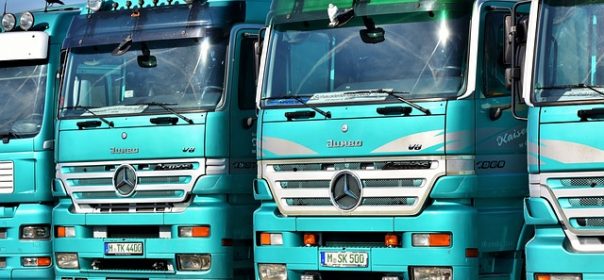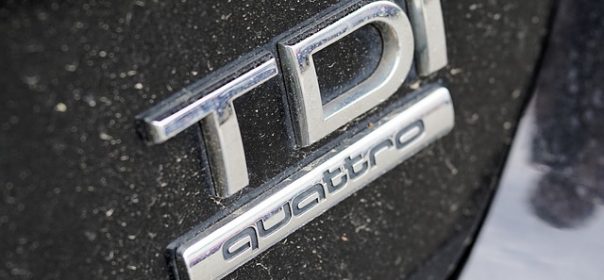A large fleet of cars doesn’t need to be difficult to run. You just need to make sure you approach the task in the right way. Make sure you have a dedicated fleet manager on board and this will instantly begin to save you a lot of time and effort.
Your fleet manager can be a member of staff or alternatively, they can be an external company who you choose to outsource work to. You will be able to save a lot of money if you do this, as you won’t need to pay a full-time wage.
Make sure all your vehicles are properly tracked and accounted for. If new vehicles are purchased, your fleet manager should be the first person to know so they can get them registered and set up all the appropriate processes.
Talk to staff members who have company vehicles and make sure they fully understand their obligations.

